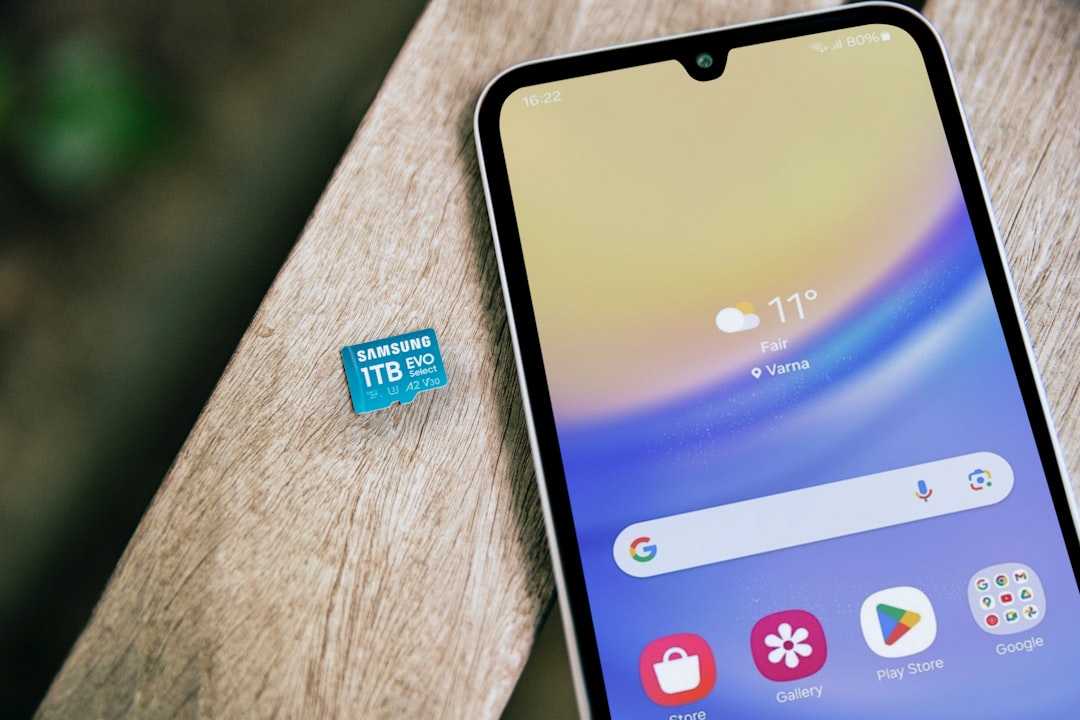Mississippi's Do Not Call Law protects residents from unwanted telemarketing calls by registering phone numbers on a state list, empowering individuals to control communication preferences at home. Businesses, especially law firms, must understand and adhere to this law to avoid legal issues and maintain customer satisfaction by securing explicit consent and respecting opt-out requests. Landmark cases in Leland have bolstered consumer protection, emphasizing the importance of privacy and compliant marketing practices. Do Not Call law firms Mississippi are crucial for guiding businesses through these regulations, fostering consumer trust and long-term success while respecting privacy.
In Mississippi, consumers have been granted powerful rights under the state’s Do Not Call Law, with landmark cases serving as a beacon for both individual protections and business obligations. This legislation aims to safeguard individuals from unwanted telemarketing calls, fostering a harmonious balance between consumer privacy and business marketing efforts. The article delves into these cases, elucidating their implications for businesses and legal actions, while exploring the broader impact on Do Not Call law firms in Mississippi.
Understanding Mississippi's Do Not Call Law

In Mississippi, the Do Not Call Law is a consumer protection legislation designed to curb unwanted telemarketing calls. This law, which mirrors federal guidelines, allows residents to register their phone numbers on a state-managed “Do Not Call” list. By doing so, consumers can prevent receiving sales or promotional calls from various sources, including law firms engaging in telemarketing activities.
Mississippi’s Do Not Call Law is both a safeguard for privacy and a way to reduce nuisance calls. It empowers individuals to take control of their communication preferences, ensuring peace of mind at home. For businesses operating within the state, especially those employing direct marketing strategies, understanding and adhering to this law is crucial to avoid legal repercussions and maintain customer satisfaction. Compliance involves securing explicit consent from callers and respecting the opt-out requests of registered numbers. This ensures a harmonious relationship between marketers and consumers in the Magnolia State.
Landmark Cases: Consumer Rights Protected

In the realm of consumer protection, landmark do not call law cases in Leland, Mississippi, have significantly strengthened the rights of residents. These cases serve as a testament to the power of legal action in safeguarding individuals from intrusive marketing practices. By holding offending firms accountable, the rulings send a clear message: consumer privacy is non-negotiable.
In light of these developments, both consumers and businesses must be mindful of their responsibilities under the do not call laws. For consumers, it means taking proactive steps to protect personal information. For businesses, it’s crucial to understand and adhere to the regulations, ensuring marketing efforts respect the boundaries set by these landmark cases.
Implications for Businesses and Legal Action

The implementation of the Do Not Call laws in Leland has significant implications for businesses, especially those engaged in telemarketing and cold calling practices. These laws provide consumers with much-needed respite from unwanted calls, but they also come with new challenges for companies that must now navigate strict regulations to avoid legal repercussions. Mississippi’s Do Not Call law firms play a crucial role in ensuring compliance, offering guidance on permissible call methods, and providing legal action where necessary.
Businesses must adapt their sales strategies, focusing on opt-in marketing and prioritizing quality over quantity when it comes to customer interactions. Legal action taken against violators serves as a stark reminder of the potential consequences, encouraging companies to invest in comprehensive training for their staff and robust systems to track consent and manage call records. This shift not only respects consumer privacy but also fosters a more sustainable and ethical business environment, ultimately leading to stronger consumer trust and long-term success.






